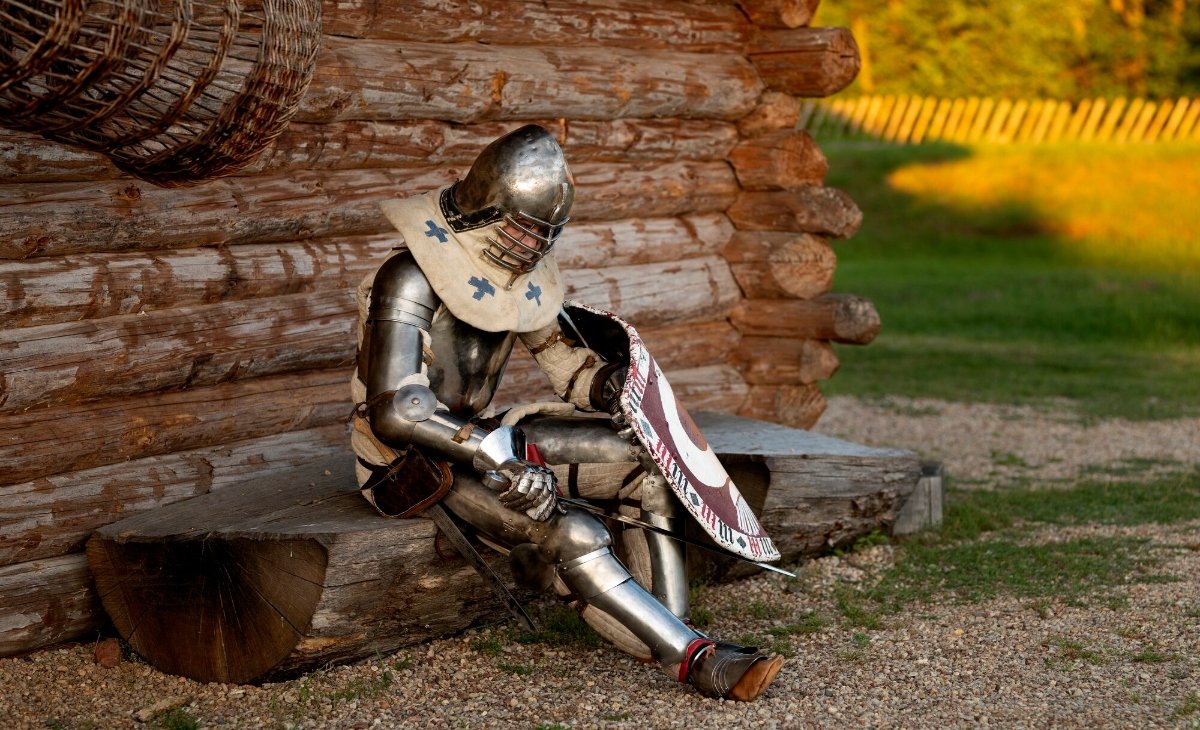Throughout England’s medieval history, noble families played crucial roles in shaping the political landscape. Among them, Henry 5th Earl of Westmorland Neville stood out as a figure of influence. As a member of the powerful Neville family, he navigated a world of loyalty, power struggles, and noble responsibilities. His life reflected the challenges and expectations of the English aristocracy. By examining his lineage, political involvement, and legacy, a deeper understanding of his role in England’s history can be gained.
The Lineage of Henry 5th Earl of Westmorland Neville
Born into the distinguished Neville family, Henry inherited a rich legacy of nobility. The Nevilles were one of England’s most influential families, with strong ties to the monarchy. His ancestors had been involved in significant historical events, including the Wars of the Roses. This deep-rooted history shaped his identity and responsibilities as an earl. The title of Earl of Westmorland had been passed down through generations, each holder contributing to England’s ever-changing political landscape.
The Role of an English Earl in Medieval Society
The responsibilities of an earl were vast, ranging from governance to military leadership. Nobles like Henry were expected to manage vast estates, uphold law and order, and provide military support to the king. In return, they were granted lands and influence. The feudal system defined these relationships, ensuring loyalty in exchange for protection and wealth. A balance had to be maintained between serving the crown and managing personal interests. For Henry, this meant aligning with the monarchy while safeguarding his family’s status.
Political Influence and Royal Connections
Henry’s position as the 5th Earl of Westmorland brought him close to the English court. Like many nobles of his time, he had to navigate the shifting alliances of England’s political scene. Royal favor was essential for maintaining power, and strategic marriages often strengthened noble families. By forging connections with the monarchy and other influential families, Henry ensured the stability of his lineage. His involvement in the court demonstrated the importance of loyalty, diplomacy, and calculated decision-making.
The Challenges of Loyalty and Power
Loyalty to the crown was expected, but shifting political tides often tested noble allegiances. The Nevilles had historically been both supporters and challengers of royal authority. Henry had to balance his family’s legacy with the demands of the monarchy. Failing to do so could result in loss of land, wealth, or even life. The complex relationships between nobles, the king, and rival families meant that every decision carried significant consequences.
Military Obligations and Service to the Crown
The medieval period was marked by conflicts that required noble participation. Earls were often called upon to raise armies and support the king’s military campaigns. Henry’s role in such endeavors would have reinforced his loyalty while ensuring his family’s continued favor. Warfare was a fundamental aspect of noble life, with battles determining the fate of regions and rulers alike. The ability to lead, strategize, and support military efforts was a crucial part of an earl’s responsibilities.
The Estates and Wealth of Westmorland
Control over land was a defining feature of noble power. Henry 5th Earl of Westmorland Neville managed extensive estates, providing wealth and influence. The lands under his control contributed to the economy through agriculture, trade, and taxation. Estate management required careful oversight, as landowners depended on their tenants and vassals to sustain prosperity. Ensuring that these estates were productive helped secure the Neville family’s status for future generations.
Family Life and Marriage Alliances
Marriage was more than a personal commitment; it was a strategic tool for nobles. Marrying into influential families strengthened alliances and secured political power. Henry’s marriage would have been arranged with such considerations in mind. By aligning with another noble house, he could increase his family’s prestige and secure valuable connections. These alliances played a crucial role in shaping England’s noble hierarchy.
The Influence of the Neville Family in England
The Neville family’s prominence in England’s history cannot be understated. Throughout generations, they had served as military leaders, advisors, and influential figures in court. Their involvement in major historical events demonstrated their ability to adapt and maintain power. Henry’s role as the 5th Earl of Westmorland placed him within this broader family narrative. His decisions and actions contributed to the legacy that defined the Neville name.
The Legacy of Henry 5th Earl of Westmorland Neville
A noble’s legacy was measured by the impact left on their family and country. Henry’s contributions ensured that the Neville lineage remained a significant force in England. The policies he supported, the alliances he formed, and the estates he managed all played a role in shaping the future of his descendants. His name remains an essential part of England’s aristocratic history, symbolizing the power and responsibility carried by noble families.
The Role of Nobility in Medieval England
The English nobility played a crucial role in governance and military affairs. Nobles were expected to provide leadership, support the king, and manage their estates effectively. Their influence extended beyond local governance to national politics, often shaping the course of English history. The structure of medieval society relied on their ability to maintain stability and loyalty. Understanding figures like Henry 5th Earl of Westmorland Neville offers insight into this system and its impact on England’s development.
Final Thoughts on Henry’s Life and Influence
Henry 5th Earl of Westmorland Neville lived during a time of great political complexity. As a noble, he had to navigate alliances, maintain loyalty, and uphold his family’s status. His life serves as a testament to the challenges and responsibilities faced by England’s aristocracy. By examining his role in history, a greater appreciation for the medieval noble class and its enduring impact can be gained.
Conclusion
Henry 5th Earl of Westmorland Neville’s life reflected the expectations and responsibilities of medieval nobility. Through strategic alliances, governance, and military service, he upheld the legacy of his ancestors. His story is a window into the intricate world of England’s aristocracy, demonstrating how noble families shaped the course of history.














